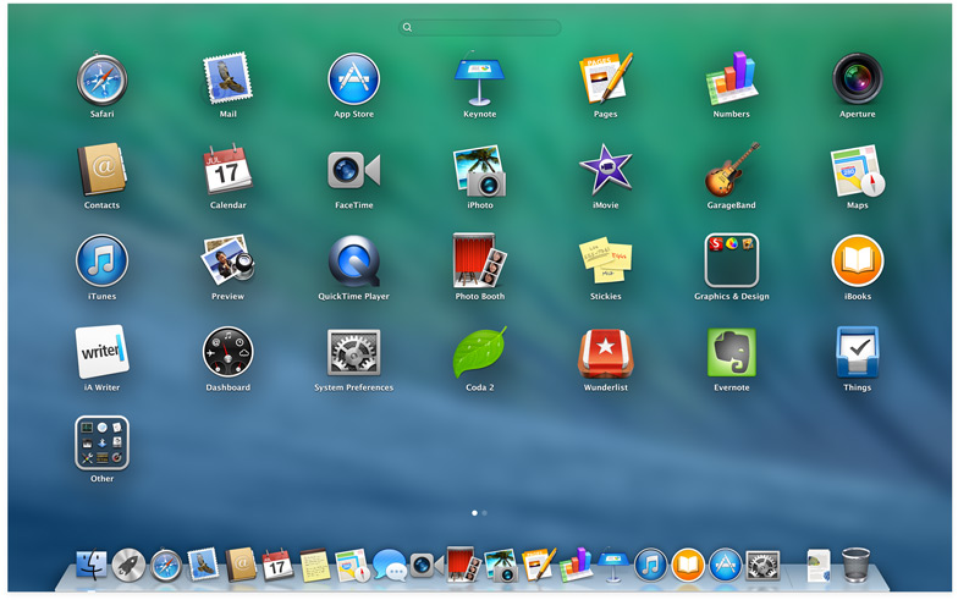Mac Os X 10 Cheetah Download

Shop from the world's largest selection and best deals for Apple Mac OS X 10.0, Cheetah E-Mail Computer Software. Shop with confidence on eBay! Mac OS X 10.0 “Cheetah”, 10.1 “Puma” (2001). 10 0 4 Cheetah. After several abortive attempts, a succession of CEOs and the acquisition of NeXT, Apple finally shipped their next generation operating system in April of 2001. Codenamed “Cheetah”, Mac OS X 10.0 was more a proof of concept than a useable OS, but it put a.
The most current version of OS X is OS X 10.9 Mavericks. OS X Mavericks is available as a free download from the Mac App Store. Mac OS X 10.5.6 (Mac), free and safe download. Mac OS X 10.5.6 latest version: Mac OS X 10.5.6 combo update. Mac OS X 10.5.6 Combo Update is Apple's recommended update for all users running Mac OS X Leopard.

• • The year is 2012, and the March of the Big Cats continues. Apple is about to release Mountain Lion, the latest iteration of (Mac) OS X, and citizens of the Appleverse are eager to explore what this new feline has to offer. How far we’ve come in just over a decade.
Back in 2001 Apple introduced their new, long awaited replacement to the Classic Macintosh System Software: Mac OS X. As Mountain Lion goes on the prowl, Cult of Mac reviews the Evolution of OS X and once again presents our look back at Apple’s Big Cats over the years – from Cheetah and Puma through to Apple’s current Felidae offerings. Mac OS X 10.0 “Cheetah”, 10.1 “Puma” (2001) After several abortive attempts, a succession of CEOs and the acquisition of NeXT, Apple finally shipped their next generation operating system in April of 2001.
Codenamed “Cheetah”, Mac OS X 10.0 was more a proof of concept than a useable OS, but it put a Macintosh GUI on top of UNIX and told the world that Apple was serious about moving ahead. The 10.1 “Puma” release brought needed stability and more complete capabilities like CD recording and DVD playback, and was provided as a free upgrade. As an aside, while iTunes is bundled with the OS it isn’t really considered part of OS X and is updated separately (similar to iLife). Consequently, the iTunes icon changes had nothing to do with the OS version but were tied to iTunes versions.
For a while, the icon changed color every version as a way to easily tell which version you were running, but that slowed with versions 4-6 (which were released in quick succession) and pretty much stopped with 7 until 10 was released. Check it out. It’s also worth noting that very frequently iTunes hinted at new OS UI changes long before the new OS version was released, such as moving away from brushed metal to the solid grey and ditching colored sidebar icons.
Please correct me if I’m wrong, but wasn’t Snow Leopard Intel only, with Lion as 64 bit. Leopard was the last universal OS The article mentions Snow Leopard’s Intel-only status, but doesn’t mention 64-bit anywhere other than Leopard. Apple’s road to 64-bit has been long and slow, making it largely transparent to the end user (vs.
Microsoft’s all-or-nothing approach starting with XP that broke all kinds of stuff and was mostly nothing but headaches). OS X has gradually added 64-bit support in rather clever ways, including being able to run 64-bit apps on a 32-bit OS (if your processor could handle 64-bit instructions). 64-bit support started with Tiger, where command line apps could be 64-bit. Install Plesk Migration Manager Software. Leopard added 64-bit GUI apps. Snow Leopard introduced a(n optional) 64-bit kernel. If I recall correctly, Lion was just about all 64-bit but still ran some 32-bit kernel extensions–required a 64-bit processor but could run on 32-bit chipsets/EFI. Mountain Lion is 100% 64-bit kernel and will not support any 32-bit kernel extensions and even requires 64-bit EFI.